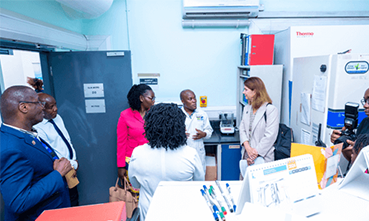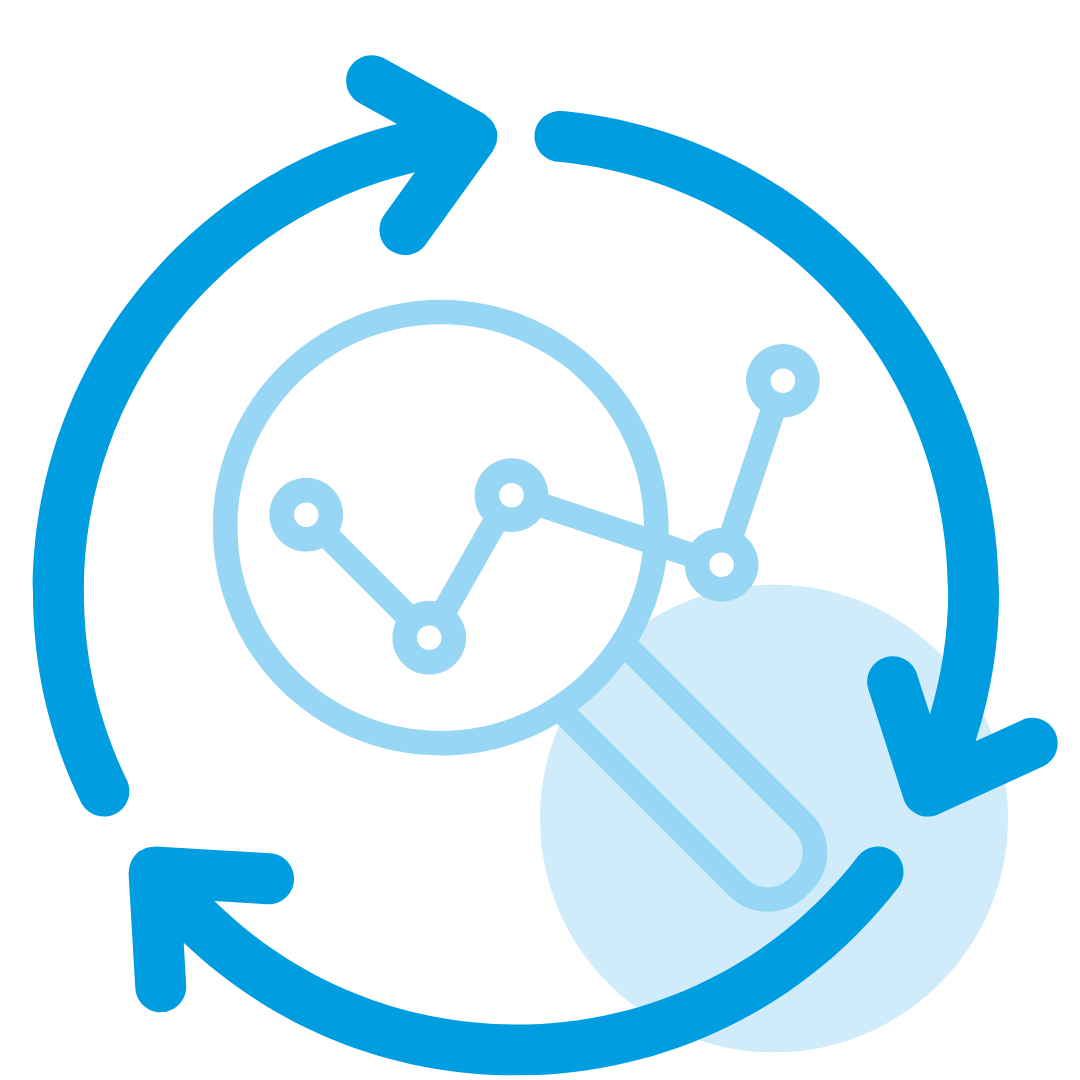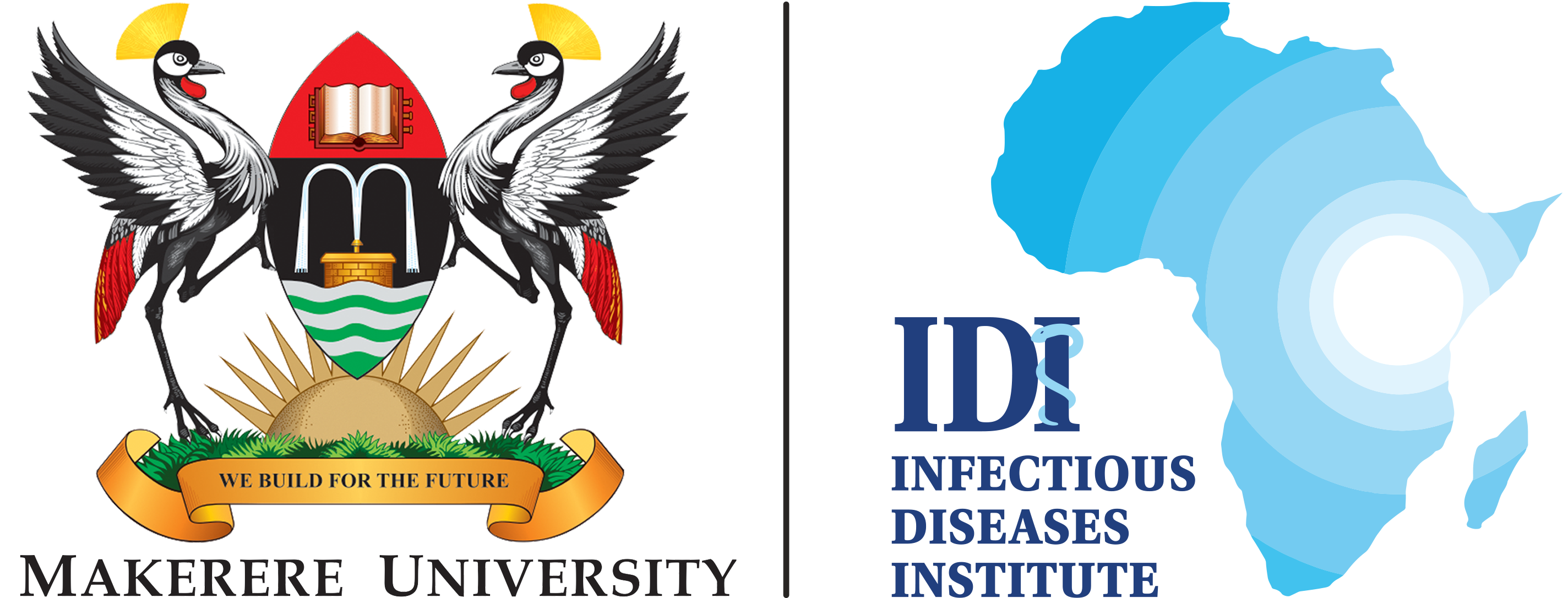- Associated Links
-
-
Our united network of partners and institutions share a vision for excellence, innovation, and impact. Together, we harness our combined strengths to create meaningful change.
-
-
-
- Careers
-
-
Our people are our greatest asset. We foster a thriving environment where everyone can flourish and make a difference. Join us in driving innovation and positive change through fulfilling career opportunities.
-
-
RESEARCH
We publish, advocate for, and translate research into global policy and practice to strengthen Africa’s health systems, with a strong emphasis on infectious diseases.
As we seek to prevent and treat infectious diseases, IDI bridges the gap between research, policy, and clinical practice. Through implementation science and patient-centred studies, we translate research into real-world impact, improving health outcomes for affected communities.
Menu
Addressing Africa’s Health Priorities

In 2001, a visionary group of scientists founded IDI to address the devastating impact of HIV and other infectious diseases. Initially focused on operational and behavioural research during the expansion of antiretroviral therapy (ART), IDI has evolved to tackle a wide range of pressing health challenges facing Africa. Through strategic partnerships and innovative research, IDI has grown to become a leading research institution in Africa. With over 80 active projects and 1,300+ publications, IDI is committed to improving health outcomes and nurturing the next generation of African scientists.
Innovation That Saves Lives
At IDI, we bridge research and policy to enhance clinical practice. Studies like NADIA, EARNEST, and TRUNCATE TB have shaped national guidelines for HIV and TB treatment, improving patient outcomes. Research on PrEP, malaria, and cryptococcal meningitis has led to policy changes that expand access to care and improve survival rates. IDI’s work on monitoring HIV treatment and TB diagnostics has resulted in more efficient and effective clinical practices, ultimately benefiting patients across Uganda. Read more
Standing Out from The Crowd
At IDI, we foster a dynamic environment that promotes high-level research and positions us at the forefront of combating infectious diseases in Africa. Our expert team collaborates across disciplines, utilizing advanced technology to drive innovation and improve healthcare outcomes.

Strategic Location
Located at Uganda’s top academic and medical institutions, Makerere University and Mulago Hospital, IDI has easy access to patients and resources, enabling efficient studies with quicker recruitment and data collection. Our accredited programmes and advanced facilities support high-quality research.

Research Ecosystem
At IDI, a culture of research excellence thrives, driven by dedicated scientists focused on improving health outcomes. Our commitment to high-quality research is reflected in rigorous financial reporting and governance, ensuring impactful studies that adhere to international standards and inform policy.

Strategic Partnerships
IDI’s strength lies in its collaborations with world-class scientists and institutions, which enhance research capabilities and inform local practices. These partnerships, aligned with national health priorities, provide valuable insights that improve local health initiatives.

Policy Development
IDI demonstrates its commitment to disseminating scientific knowledge through its publication of over 1,300 peer-reviewed articles, which guide policy development. These research findings inform both national and regional health policies and clinical practices, providing valuable evidence for decision-making in infectious disease management.

Capacity Building
Recognizing the importance of developing local talent, IDI invests in capacity building through PhD programs, postdoctoral opportunities, and training for research administrators. This nurtures skilled professionals who advance infectious disease research, foster innovation, and ultimately benefit patient care both in Uganda and beyond.

Grants Management
The implementation of robust systems like the Regulatory Affairs Information System (RAIS) and the Grant Expenditure and Monitoring System (GEMS) streamlines IDI’s research finance management. These systems efficiently track grant expenditures and ensure compliance, enabling IDI to attract competitive funding opportunities and focus on high-quality research.

Trailblazing Initiatives
IDI is a pioneer in Global Health Security and Cryptococcal meningitis research, leading innovative projects like the Electronic Clinic Enterprise Application and the Academy for Health Innovation. These efforts address critical health challenges and set benchmarks for regional solutions tailored to local contexts.
Research Services and Resources
Research Office
The Research Office serves as the backbone of IDI's research initiatives, coordinating diverse studies while ensuring compliance with ethical standards and managing contracts. It mobilizes resources and fosters partnerships with academia and industry to enhance collaboration, paving the way for innovative research projects.
Statistical and Data Management
This unit empowers research through data excellence by managing and analysing large datasets from longitudinal cohorts and clinical trials. With rigorous quality control measures and collaborations with institutions like the NIH Biostatistics team, it produces impactful publications that inform clinical practices.DataFax Subunit
The DataFax unit specializes in managing clinical data, providing services like case report form design and routine data management. With over 2 million records processed from more than 70 studies, it ensures data integrity and collaborates with the NIH for technical support.African Centre for Excellence-Uganda
African Centre Excellence for Bioinformatics and Intensive Data Science (ACE-Uganda) is one of two centres in Africa dedicated to using high-performance computing (HPC) and bioinformatics to address critical health challenges and build capacity in data science and bioinformatics across Africa. Learn MoreResearch Capacity Building
IDI is committed to nurturing future research leaders. Our capacity-building programs support numerous master's students, PhD students, and postdoctoral fellows. Our alumni are now global leaders, addressing pressing health challenges.Clinical Trials Unit
IDI's Clinical Trials Unit ensures high-quality clinical research. It supports trials in HIV, malaria, and TB, adhering to national and international standards. The unit provides essential services like regulatory compliance and internal monitoring to enhance research quality and credibility.Longitudinal Cohorts Unit
This unit consolidates observational studies to ensure high-quality data collection and ethical compliance. With over 70,000 patients in its cohorts, IDI generates valuable insights into HIV/AIDS care needs. The recognition as an ANDI Centre of Excellence underscores our commitment to maintaining rigorous data standards.Translational Laboratory
Launched in 2009, IDI's Translational Laboratory bridges research and implementation. It offers cost-effective testing, including ELISA for TB and point-of-care diagnostics for HIV and cryptococcal meningitis. The 2014 expansion enhanced assay capabilities, supporting healthcare solutions and global research collaborations.Research Pharmacy
The Research Pharmacy ensures the safe and effective conduct of clinical studies. We manage investigational medications, prioritize patient safety, and adhere to regulatory standards. By fostering a collaborative research environment, the unit bridges the gap between research and real-world application, improving patient outcomes.Research Regulatory Services
This unit ensures adherence to regulations and ethical standards across all research studies at IDI. Utilizing the Regulatory Affairs Information System (RAIS), it keeps researchers informed about compliance requirements while safeguarding participant rights. This meticulous oversight preserves the integrity of study results.Research Ethics Committee
The Research Ethics Committee protects research participants by reviewing proposals for ethical compliance. It prioritizes participant dignity and safety, ensuring IDI's research aligns with national and international ethical standards.Academy for Health Innovation Uganda
The Academy is a collaborative initiative involving the Ugandan Ministry of Health, Janssen, and IDI. As a flagship of Connect for Life™, the Academy has broadened its focus to enhance responses to HIV/AIDS, TB, maternal and child health, and emerging health threats. It leverages diverse staff expertise to foster creativity and scale healthcare solutions. Learn moreKasangati HIV Prevention Site
This site is dedicated to advancing pre-exposure prophylaxis (PrEP) efficacy trials that empower key populations in Uganda. We implement innovative studies aimed at enhancing antiretroviral adherence and reducing sexual risk behaviours, shaping effective HIV prevention strategies.
Previous
Next

